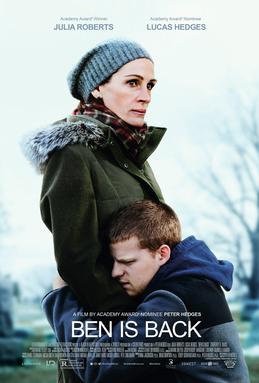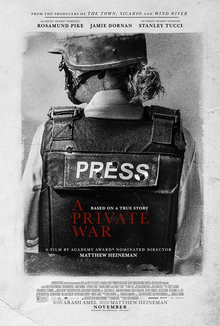
Biopic The White Crow is distributed by StudioCanal, following its premiere at the 2018 Telluride Film Festival. The film tells the true story of Russian ballet dancer Rudolf Nureyev (Oleg Ivenko), who came from poverty to become one of the finest young ballet dancers of the early 1960s, only for his entire life to change when in Paris for a series of performances.
PROS
- Spectacularly choreographed ballet sequences, which cinematographer Mike Eley frames very well to convey the grace and precise skill of great ballet.
- Mike Eley uses low saturated colours that give a really sombre, cold visual style to the film, reflecting just how cold and bleak Nureyev’s life ultimately is.
CONS
- A disjointed, non-linear narrative that feels more like a tick-list of Nureyev’s life than an actual exploration of his story, the final result feeling impersonal, somewhat forced and quite drab and dreary.
- Mike Eley films in black-and-white with splashes of colour for Nureyev’s childhood flashbacks, but those splashes of colour end up being quite distracting, as does the fact that the aspect ratio changes as well.
- An altogether underwhelming cast, whose performances are dreary and, in many cases, wooden and bland. The most notable example is Oleg Ivenko. While the quality of his leading turn improves in the final 20 minutes or so, for the majority of the film his line delivery is forced, despite his dancing being excellent.
VERDICT: 4/10








